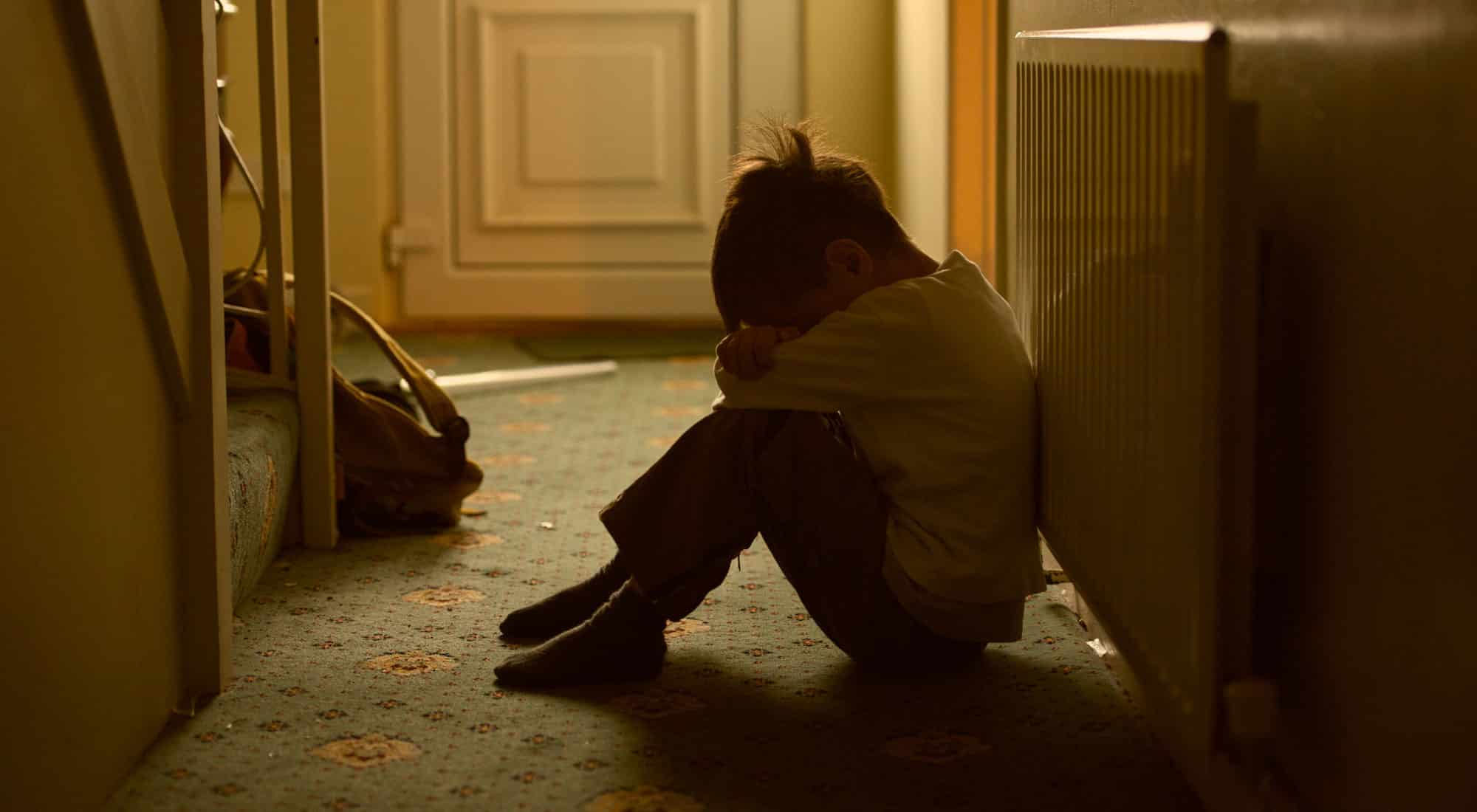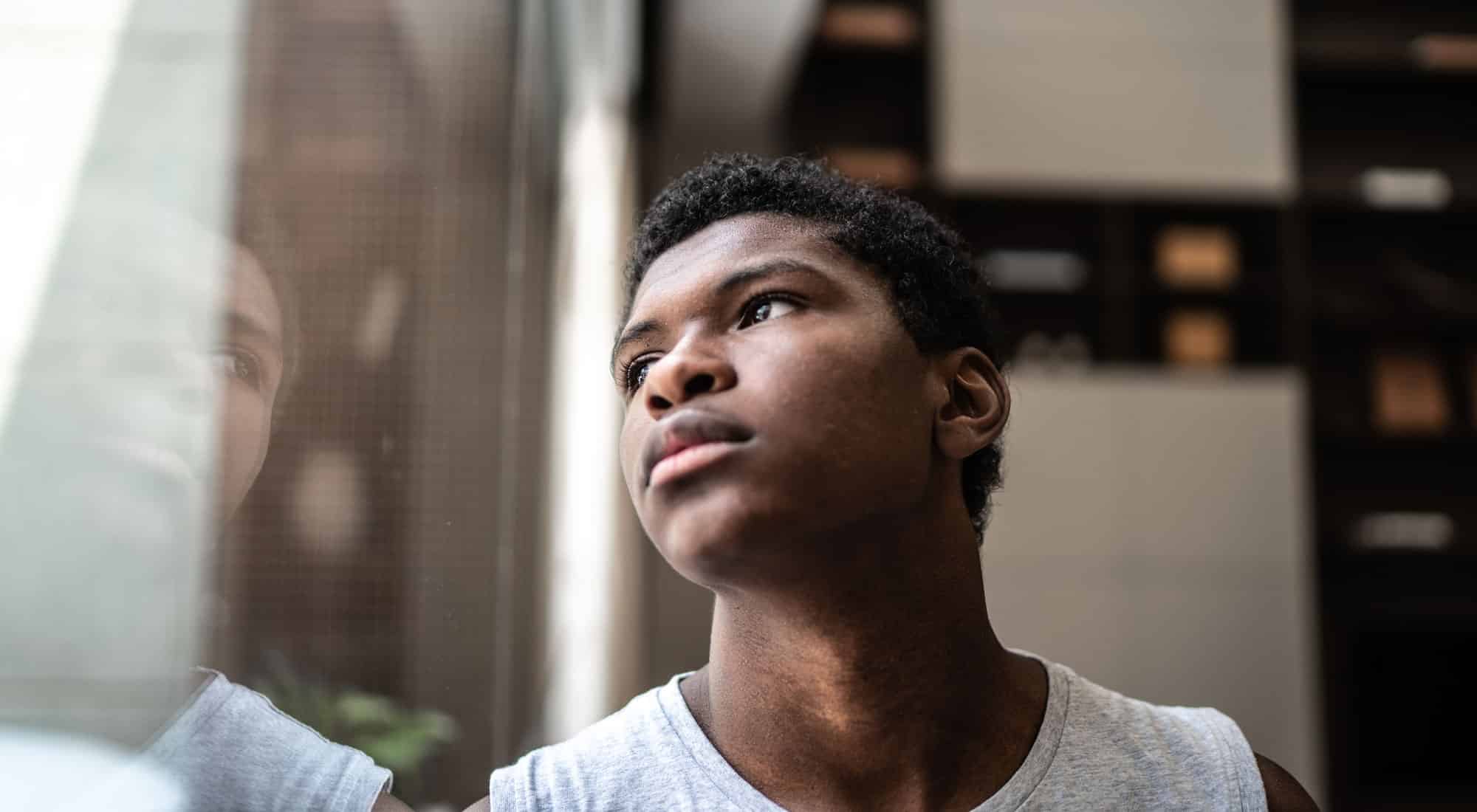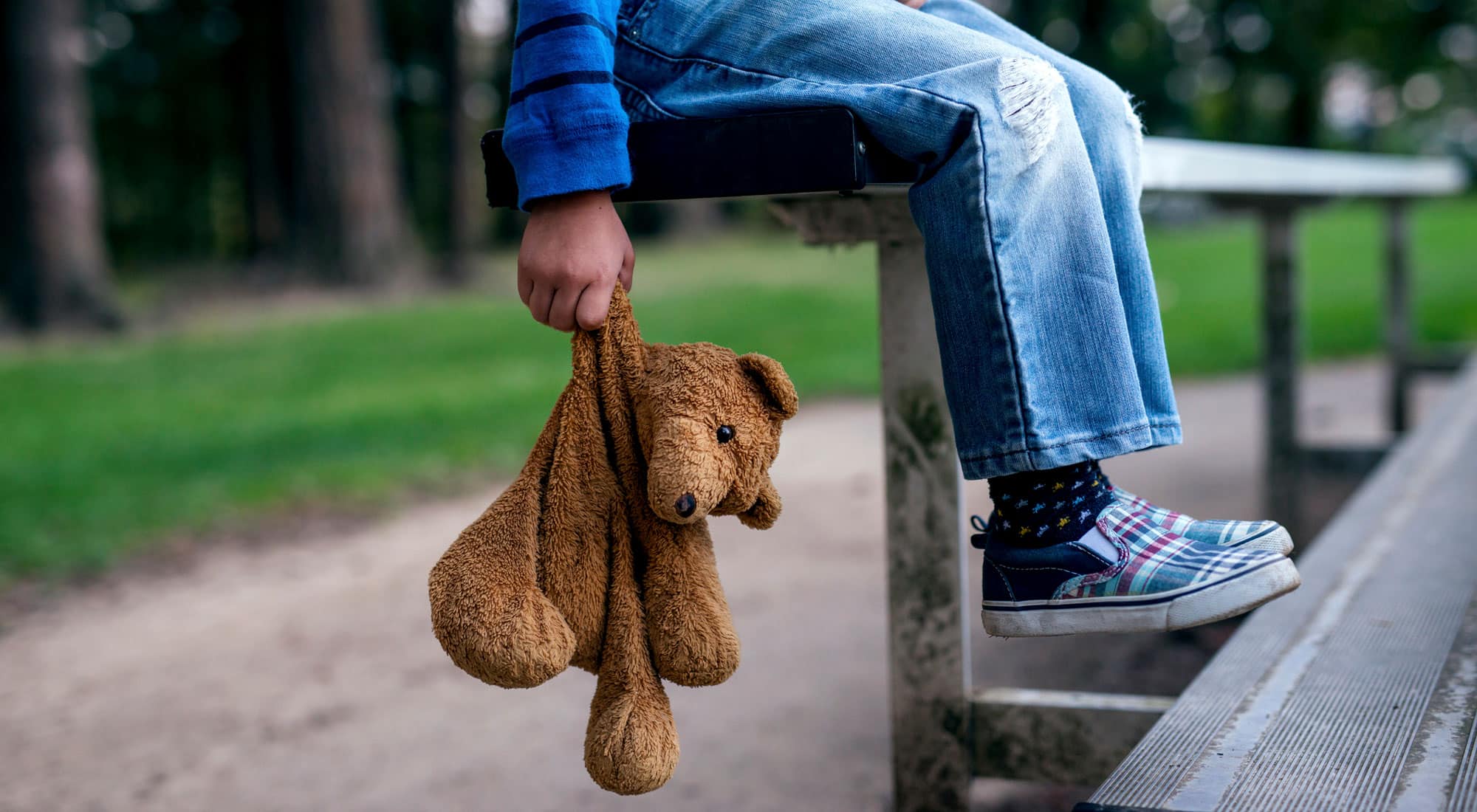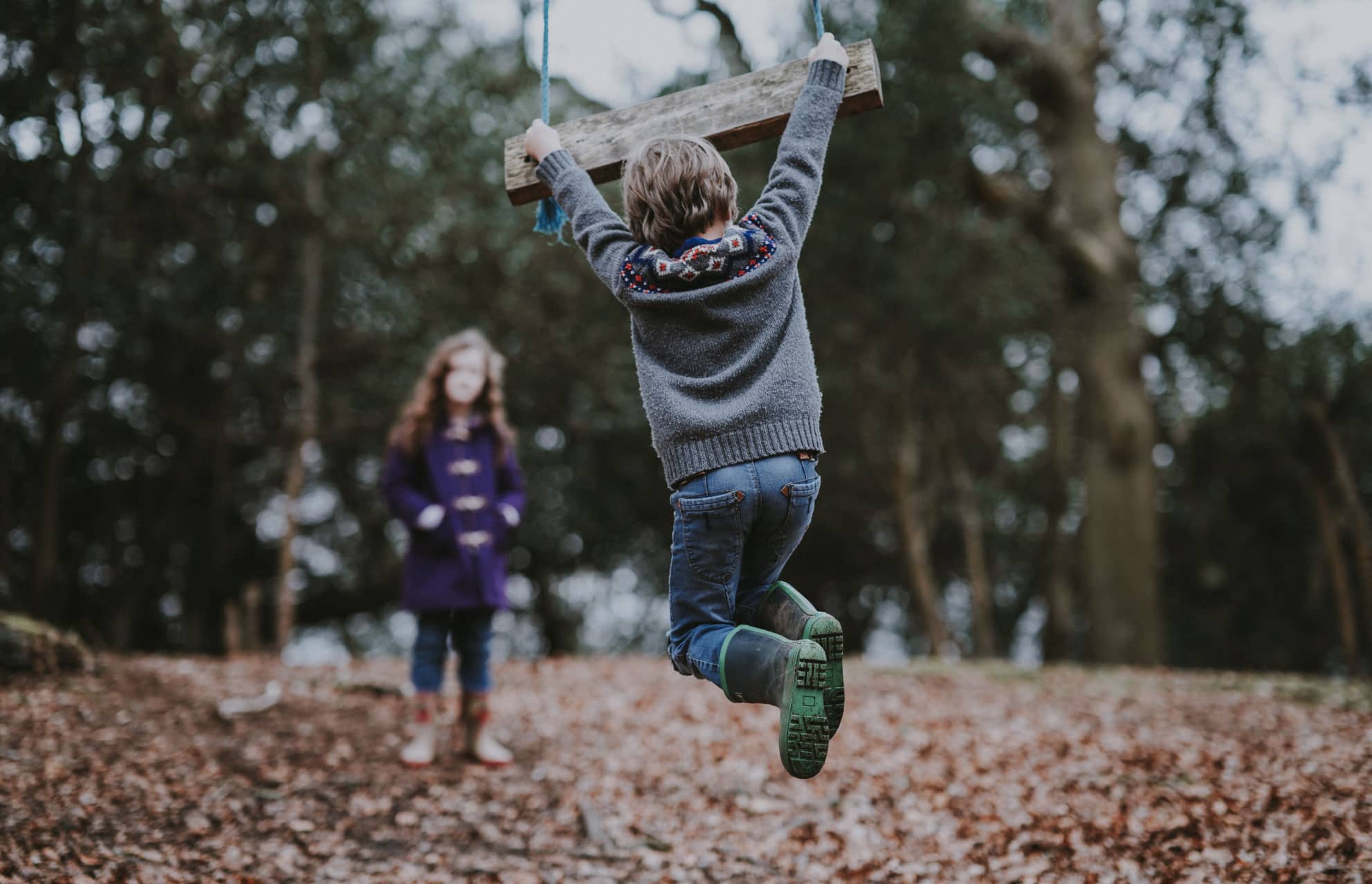
Adult Children: Why We Need to Heal Past Trauma
The dysfunction that adult children learn when they are young can make them more likely to experience further trauma or turn to addiction. Read More

The dysfunction that adult children learn when they are young can make them more likely to experience further trauma or turn to addiction. Read More

Childhood sexual abuse (CSA) has the potential to transform the trajectory of your life in a multitude of ways. While the effects of childhood sexual abuse are largely individualized and can manifest at different points throughout your lifespan, commonly reported symptoms and long-term effects include dissociation, depression, anxiety, eating disorders, self-harm, relationship difficulties, and addictive or compulsive patterns of behavior. Read More

By Bobby Shriver In addition to the basics of food and shelter, children also need stability, consistency, and emotional care in order to thrive. Typically, at a young age, children form an emotional attachment with their caregivers, and this has an influence on their development. The most important emotional attachment… Read More

In 2020, the death of George Floyd ignited protests across America over race relations and the treatment of Black people, especially by law enforcement. The Black Lives Matter movement gained prominence, and Black trauma became a critical point of conversation within both corporate and civil spheres. More recently, the death of Tyre Nichols has incited more outrage and protests and renewed a push for racial justice and police reform. Read More

What is Dr. Bruce Perry’s Neurosequential Model? Different from a treatment technique, the Neurosequential Model is a method for organizing a child’s history of trauma, neglect, or abuse, and assessing how they are currently functioning. Using this method, a clinician can identify key problems, strengths, and therapeutic interventions so that the child’s network — family, educators, therapists, and other treatment professionals — can work together to meet the child’s needs. Read More

What is religious trauma syndrome (RTS)? This is a term for the trauma disorder that develops as a result of suffering mental or physical abuse in religious environments or under the guise of religion. Because religion is often very personal and has a strong structure for authority, it has been used by certain individuals and communities as a means by which to wield power over others. Like toxic political or cultural systems, toxic religious systems can cause a great deal of personal and social harm. However, those who have survived this toxicity can recover, even to the point of rediscovering and thriving in healthy spiritual beliefs. Read More

All of us know someone who has navigated the adoption process. In fact, according to a study published by the Children’s Bureau at the US Department of Health and Human Services’ Administration for Children and Families (ACF), nearly 59,000 children were adopted in 2020. Consequently, the number of children waiting to be adopted also fell in 2020 to 117,000. By all accounts, the system appears to be working. What you don’t hear about, however, is the number of failed adoptions every year. American Adoptions, one of the country’s leading domestic adoption agencies estimates the failed adoption rate to be anywhere from 15-20% for domestic placements. This disruption can be devastating not only for the adoptive family, but for the adoptee, proving traumatic for all involved. Read More

In this last installment of Breaking Down The Model, we will explore Relational problems that have been caused by trauma, immaturity and secondary symptoms. Relational problems can stem from any extreme in any of The Core Issues, as well as from the secondary symptoms. In other words, due to trauma, immaturity and the secondary symptoms, we can develop relational problems. Let's explore each of the relational problems. Read More

By: Joyce Willis, MC, LPC The Model of Developmental Immaturity can be traced back to its creator, Pia Mellody. In the 1970s, while working at The Meadows, she was encountering an increasing number of patients who identified less-than-nurturing or abusive family systems in their childhood — leading to… Read More

Teen treatment has been in the news recently, and not for good reasons. Celebrities like Paris Hilton, Jenny Pentland, and Paris Jackson are among those who have come forward with stories from their time in treatment facilities and reform schools that were supposed to help troubled teens. They're stories not of hope and healing, but of trauma and abuse. Read More